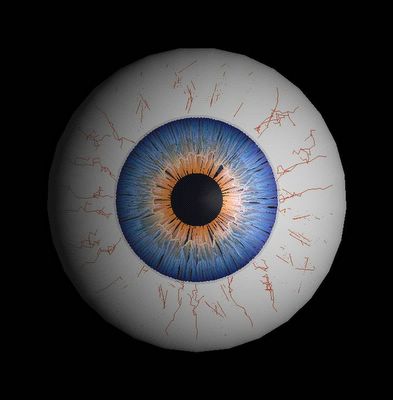Let's consider the written word
| Living in twenty-first century United States, it is easy to take things for granted. Such as, the written word. It's very simple. Everyone reading this blog is at least marginally literate. We all know what words are, how the are spelled, how to read them. Do you ever consider that most of the world does not have a concept of reading and writing? It's true. Most of the world communicates only with the spoken word. Think about that for a minute. If you only communicate by the spoken word, it means that it is very difficult to communicate over distances. You can only speak to someone who is in your presence. What about the telephone? Well, it is estimated that over sixty percent of the world's population has never seen a telephone. If that estimate is correct, then that means that well over half of the world's population lives within the same social structure that the European-based society had prior to 1448, when Gutenberg refined the printing process to allow for mass produced documents. Prior to that, literacy was confined to the elite and the clerics. Those that slavishly copied, re-copied, re-re-copied books, charts and documents by hand. Thus society was formed in small geographically-based tribal units. Communication was limited to those that you could speak to in a relative close proximity. Since a conversation gets a little stale after a week, it was hard to keep close connection with people that lived farther than a one week walk or horse ride from you. I have no idea who was the first to capture an alphabet and string together symbols into meaningfully groupings, not sure that anyone does. Just think about the genius of it though. Think of the shear magnitude of effort it would take to do this. How could you get a group, abet a small group, but still more than a few people, to agree what shape symbol meant "a". Additionally, what sound is attributed to that symbolic representation? Obviously, it's not easy on that last part - that's how we end up with "accents". Again, a regional geographic separation hindered the adherence to a strict standard. Why does any of this matter? Mainly, it tells a great deal about how we have grown as a society. Additionally, it should point out that when we look at the rest of the world we cannot begin to understand what it is like to live where the main form of communication is verbal. Verbal communication is transient and therefore unreliable. The written word is permanent for the life of the media on which it is captured. It can be argued that it is reliable in that it can be examined, re-examined even argued about the meaning without losing sight of what was originally captured. Whereas, verbal communication becomes the victim of people's memory over a very short time frame. Yes, the written word is what made us who we are. It is what keeps our society together. It is what allows us to appreciate our rich, storied history as individuals, as families, as nations, and as a world. It is what allows me to accurately capture what I am thinking at this moment and transfer it to a media that I can refer to later and possibly recapture part of what I felt at the exact moment. It is what allows us to speculate what the future may hold. Unlike a memory, the written word can also transfer these thoughts to you over space and time without ever having met you. That is power. That is the written word. That is what I love about writing. That is why I will continue to write. Tags: Fiction, Online Book, Rebeleyeball, Paul Gavin Copyright (c) 2006 Paul Gavin. All rights reserved. |







Comments on "Let's consider the written word"
post a comment